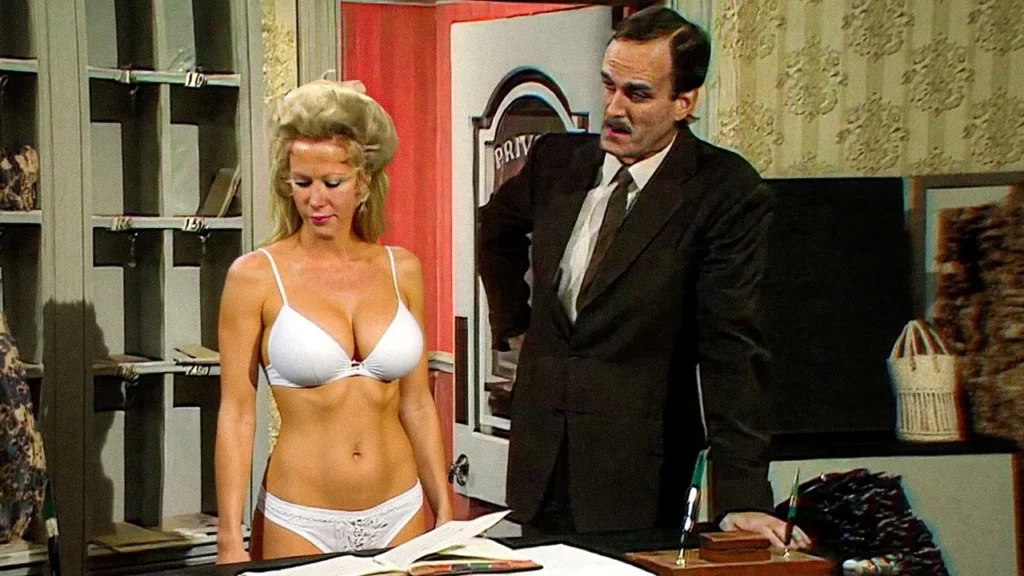One of the most popular sitcoms in Britain, Fawlty Towers, is renowned for its witty banter, endearing characters, and memorable hilarious situations. However, there was one incident that stirred controversy and nearly put the performance in jeopardy behind the laughing. This specific instance pushed the limits of what viewers of television in the 1970s might anticipate.
Fawlty Towers, written by John Cleese and Connie Booth, was a success because of its witty prose and the crazy activities of the hotel’s eccentric proprietor, Basil Fawlty. Even though the contentious sequence was consistent with the show’s irreverent humor, it caught viewers’ and censors’ attention and brought attention to the fine line that separates comedy from public sensitivity.
The show’s skill and composition made sure that it remained a classic in spite of the possible criticism. Fans are still praising Fawlty Towers for its witty satire, standout performances, and capacity to push the limits of comedy while still providing a wide range of entertainment.
In the end, this notorious sequence reminds us how revolutionary the series was for its time. It demonstrates the dangers comedy may take to test viewers’ patience and explains why Fawlty Towers is still a classic example of British humor that appeals to audiences decades later.
